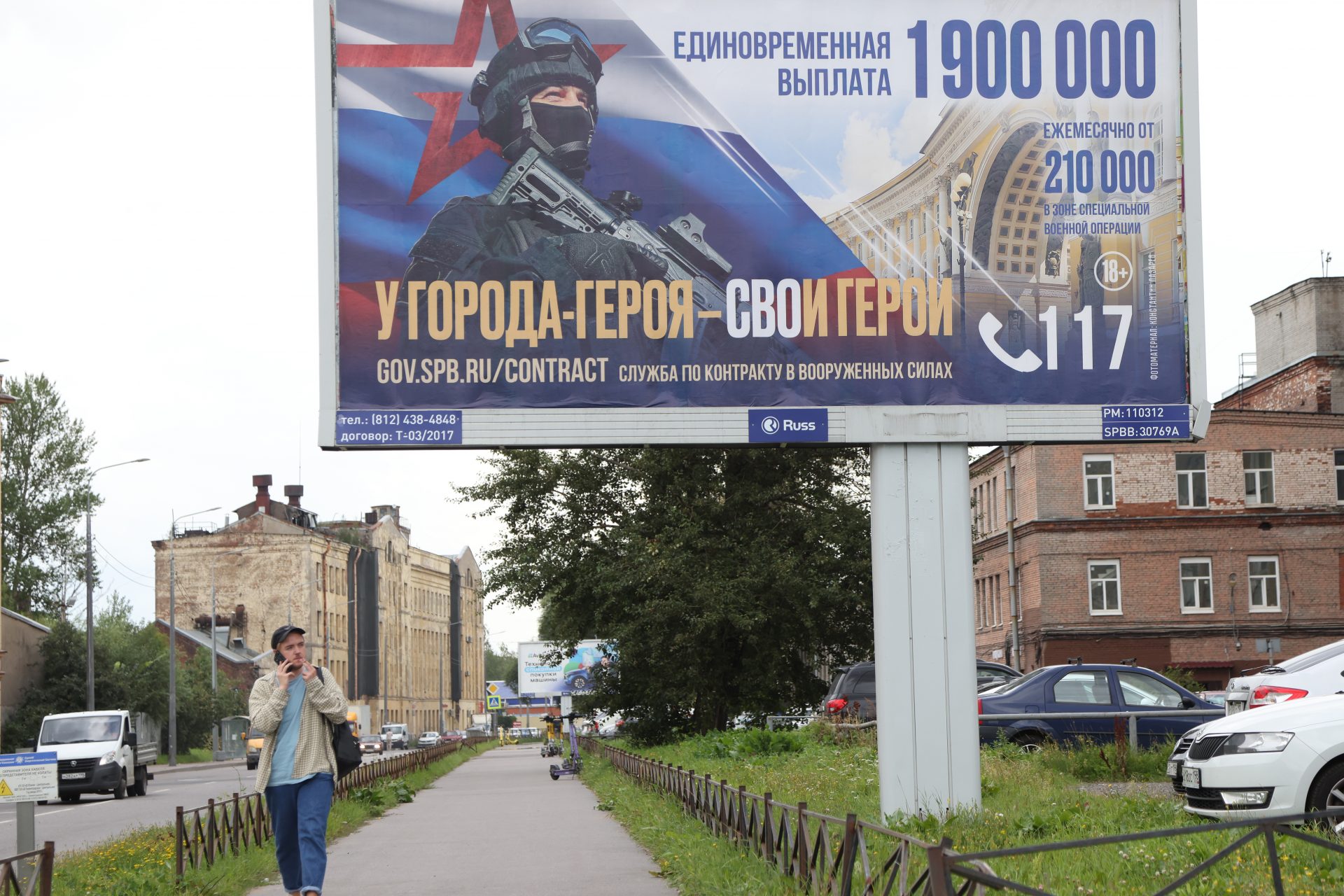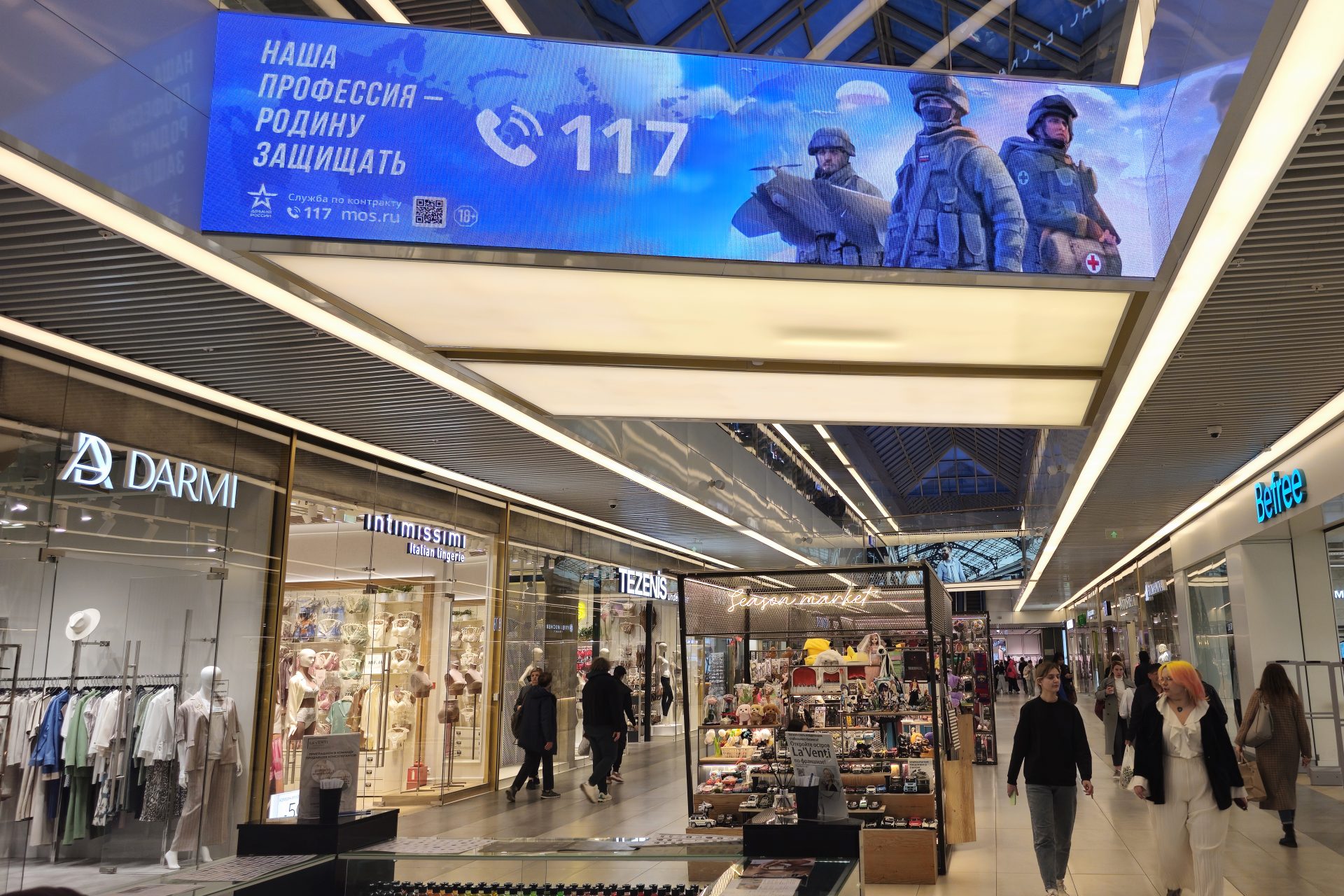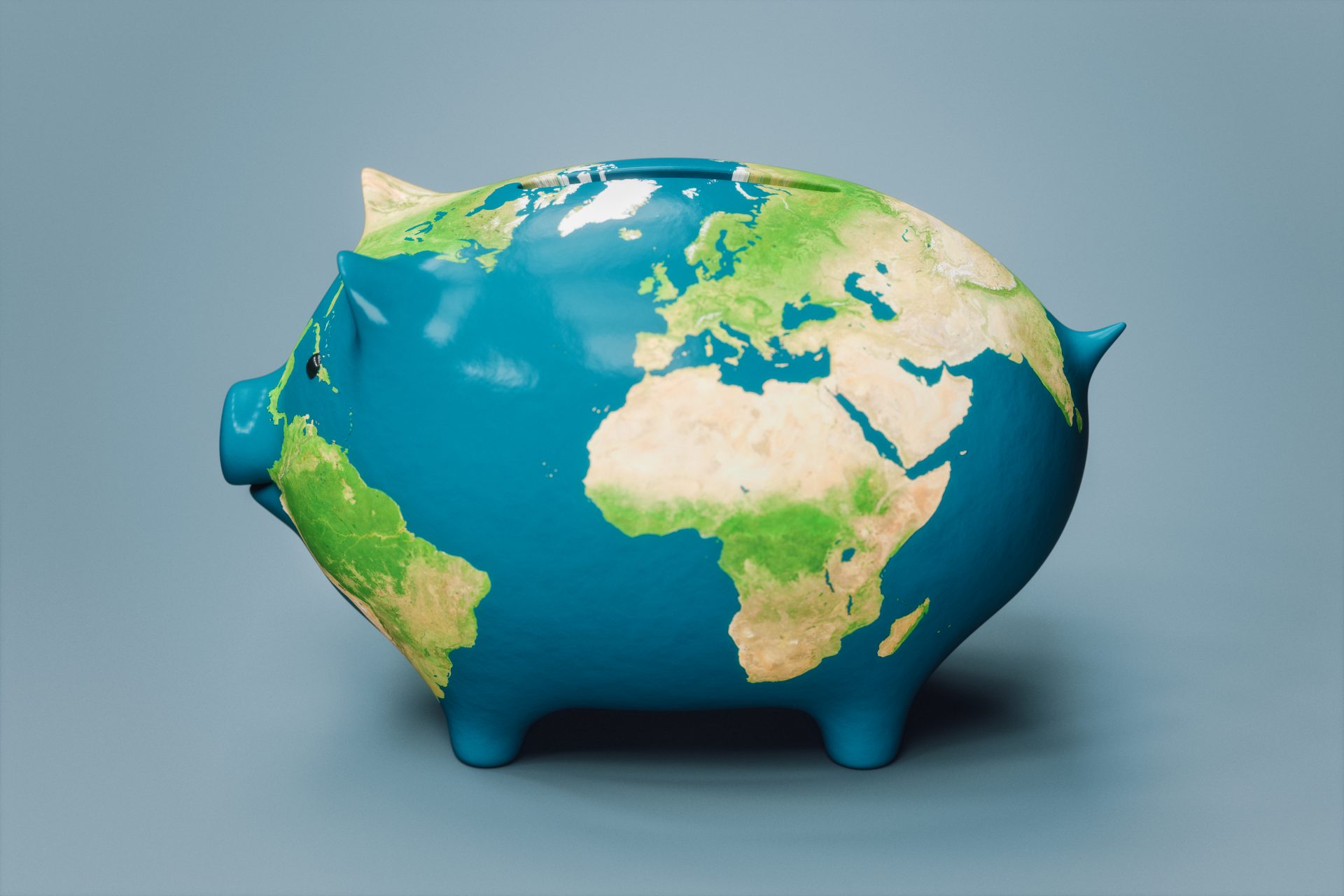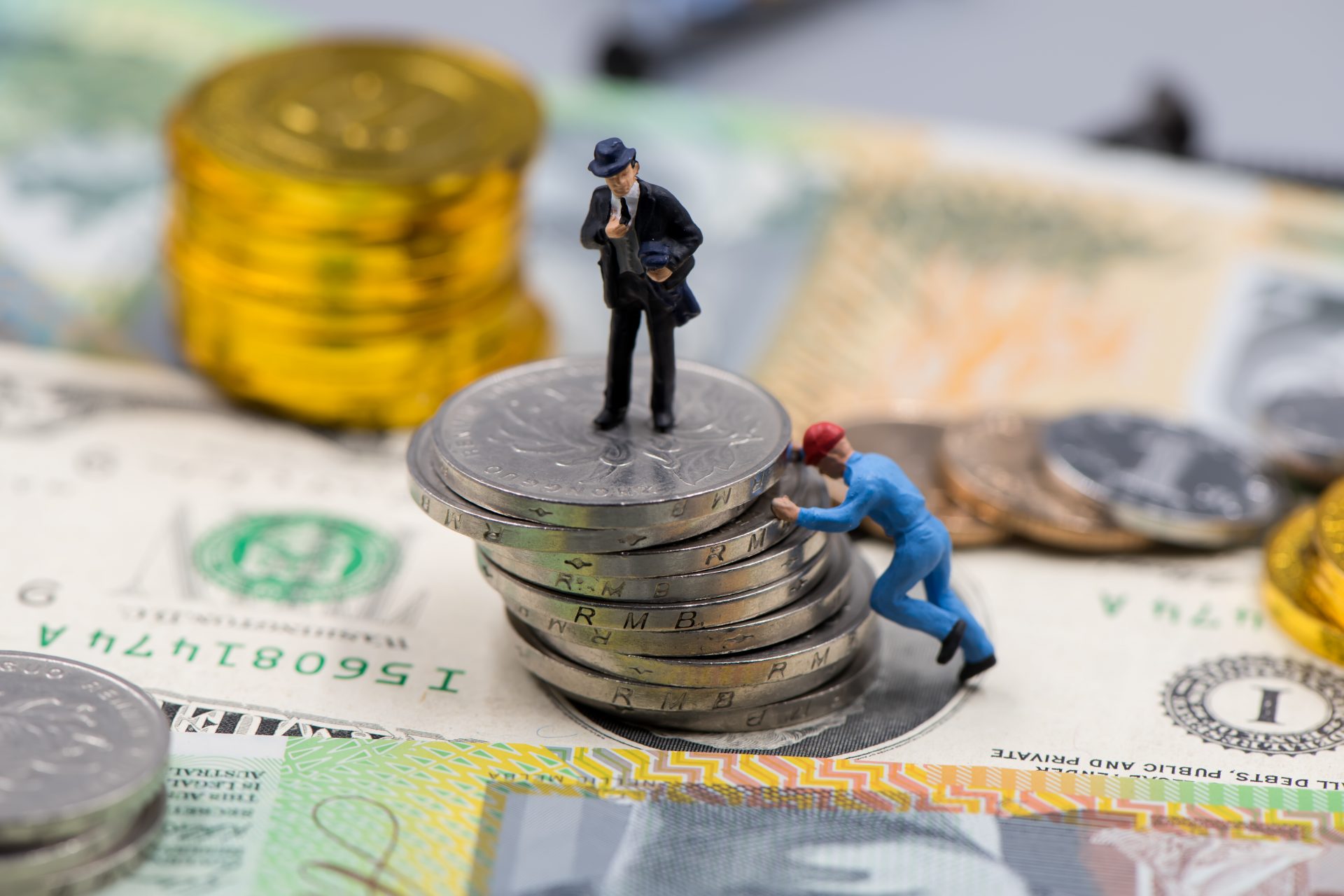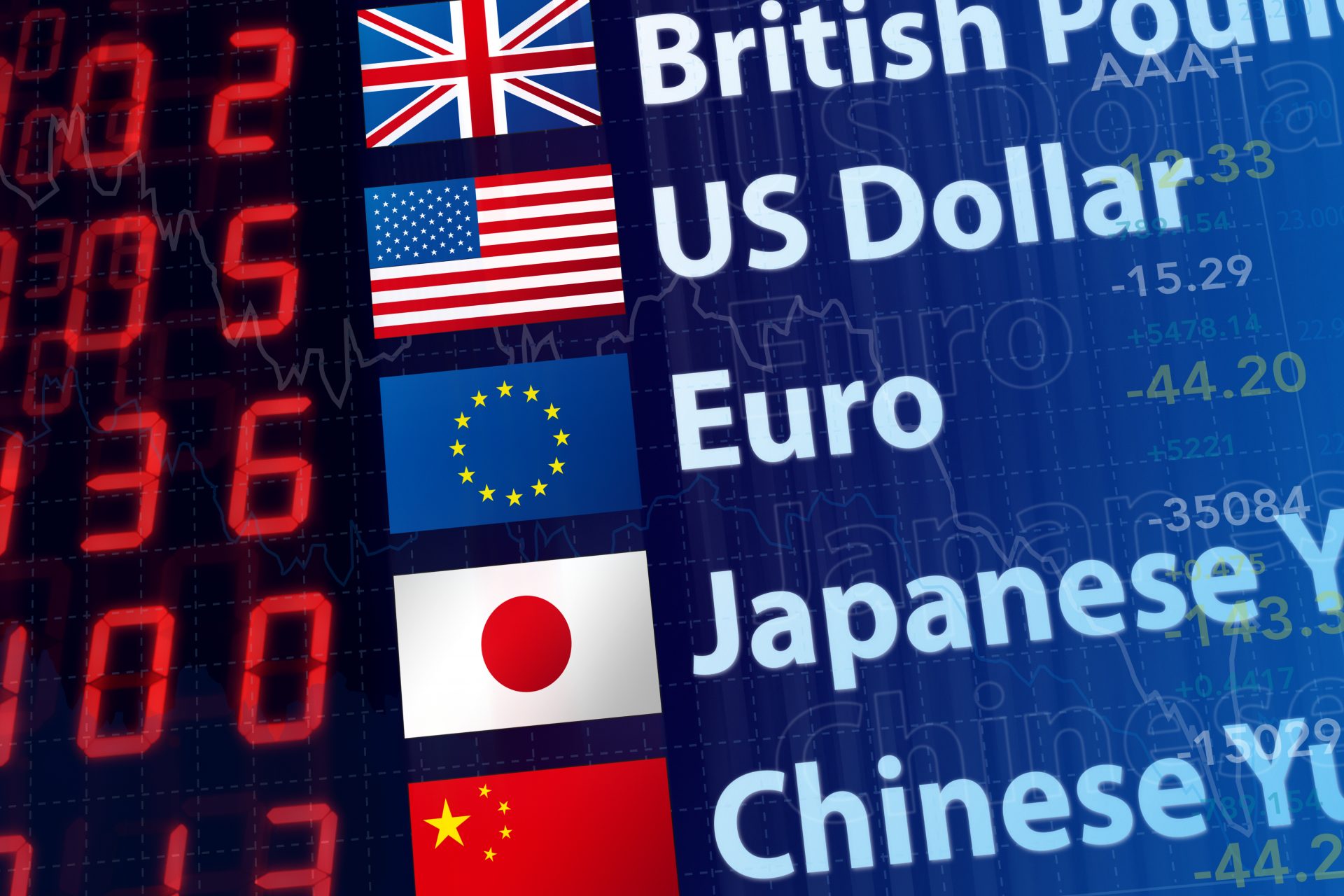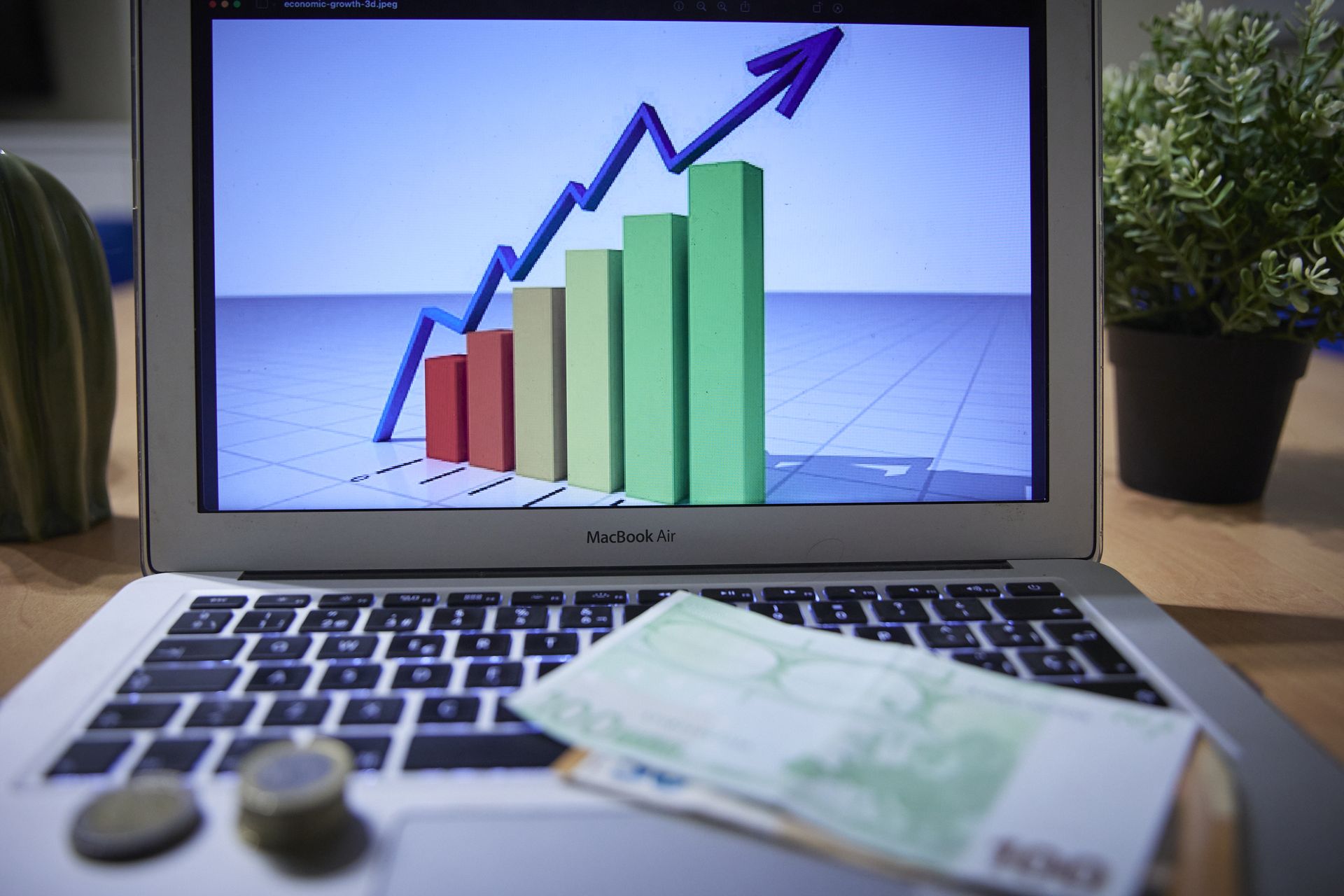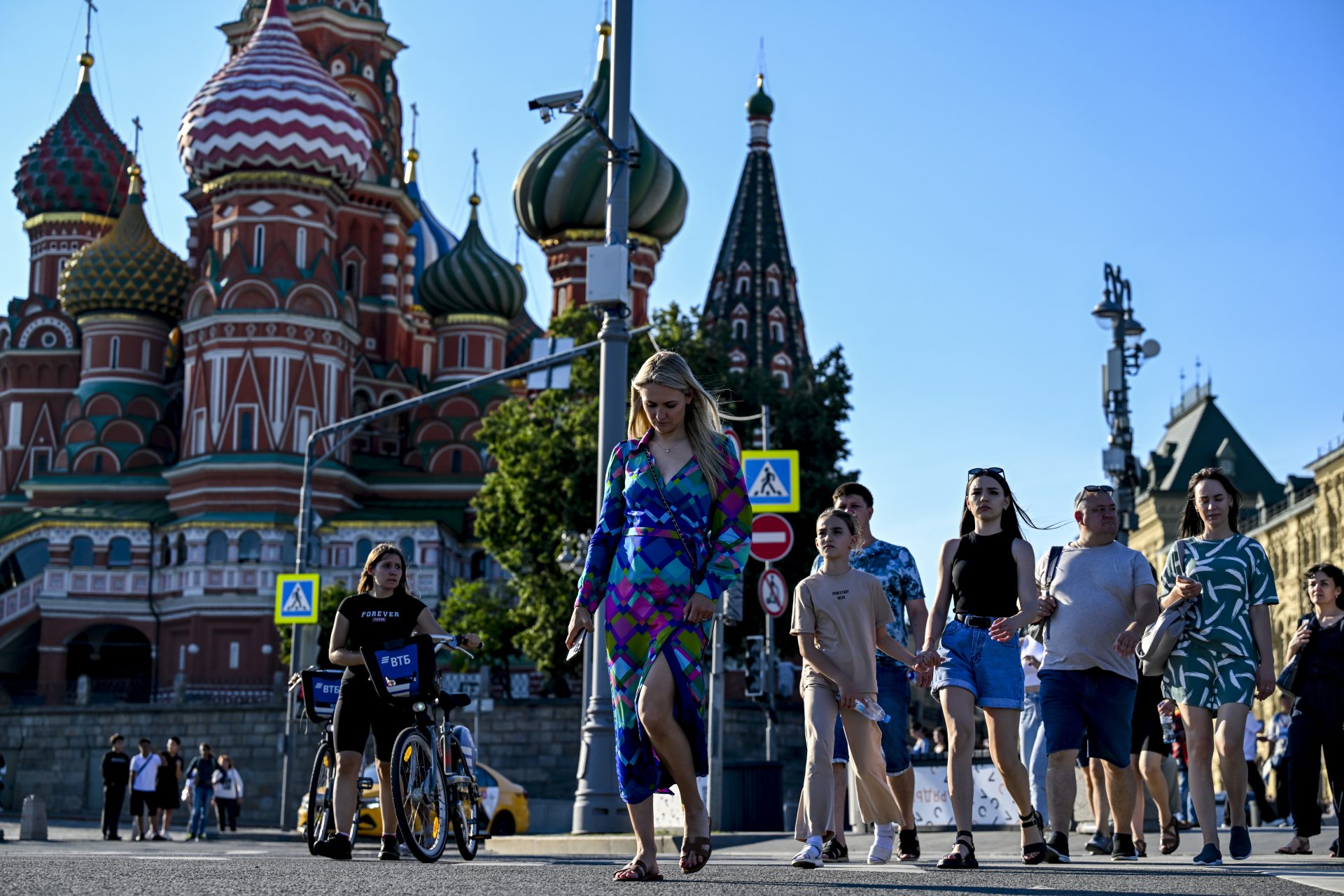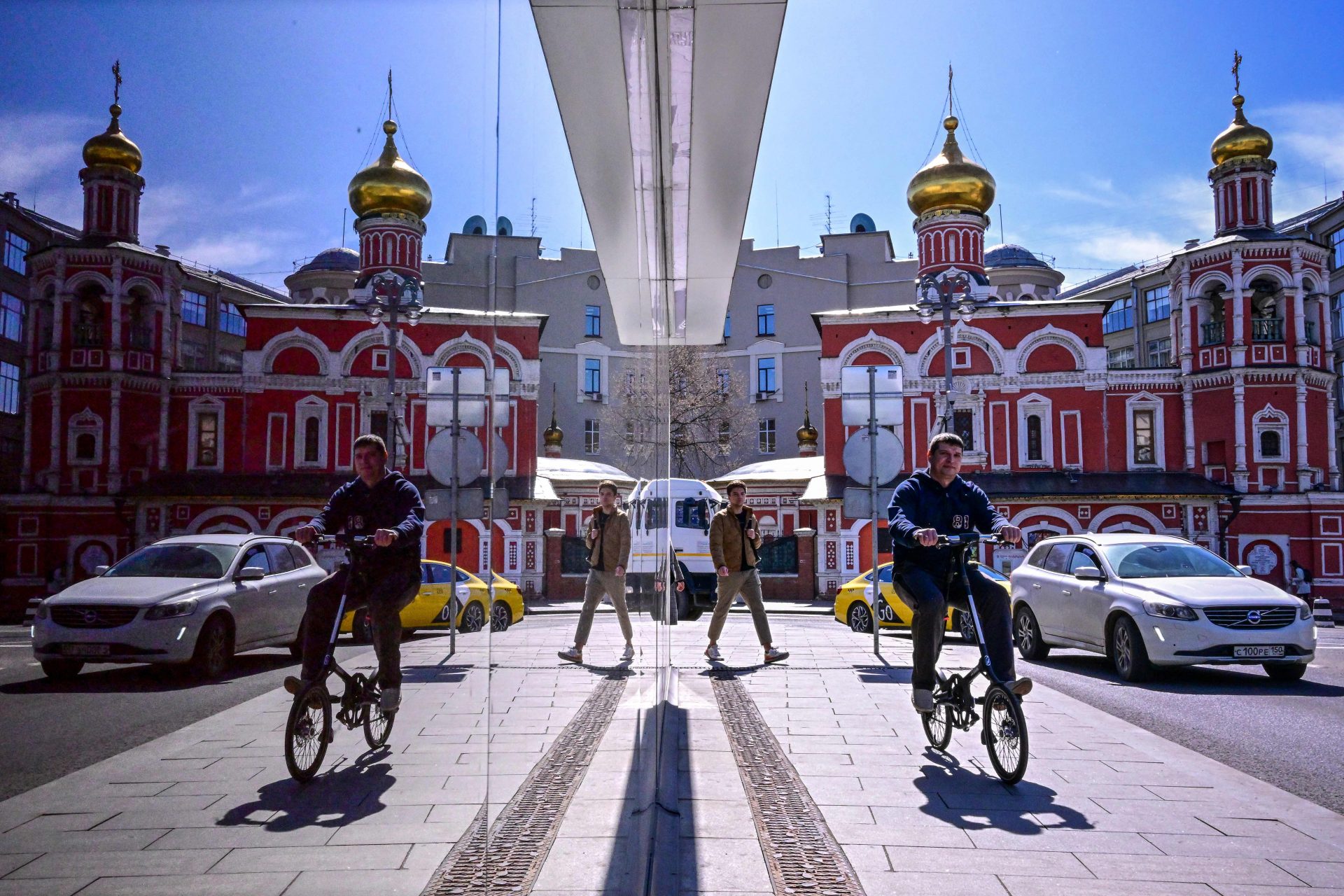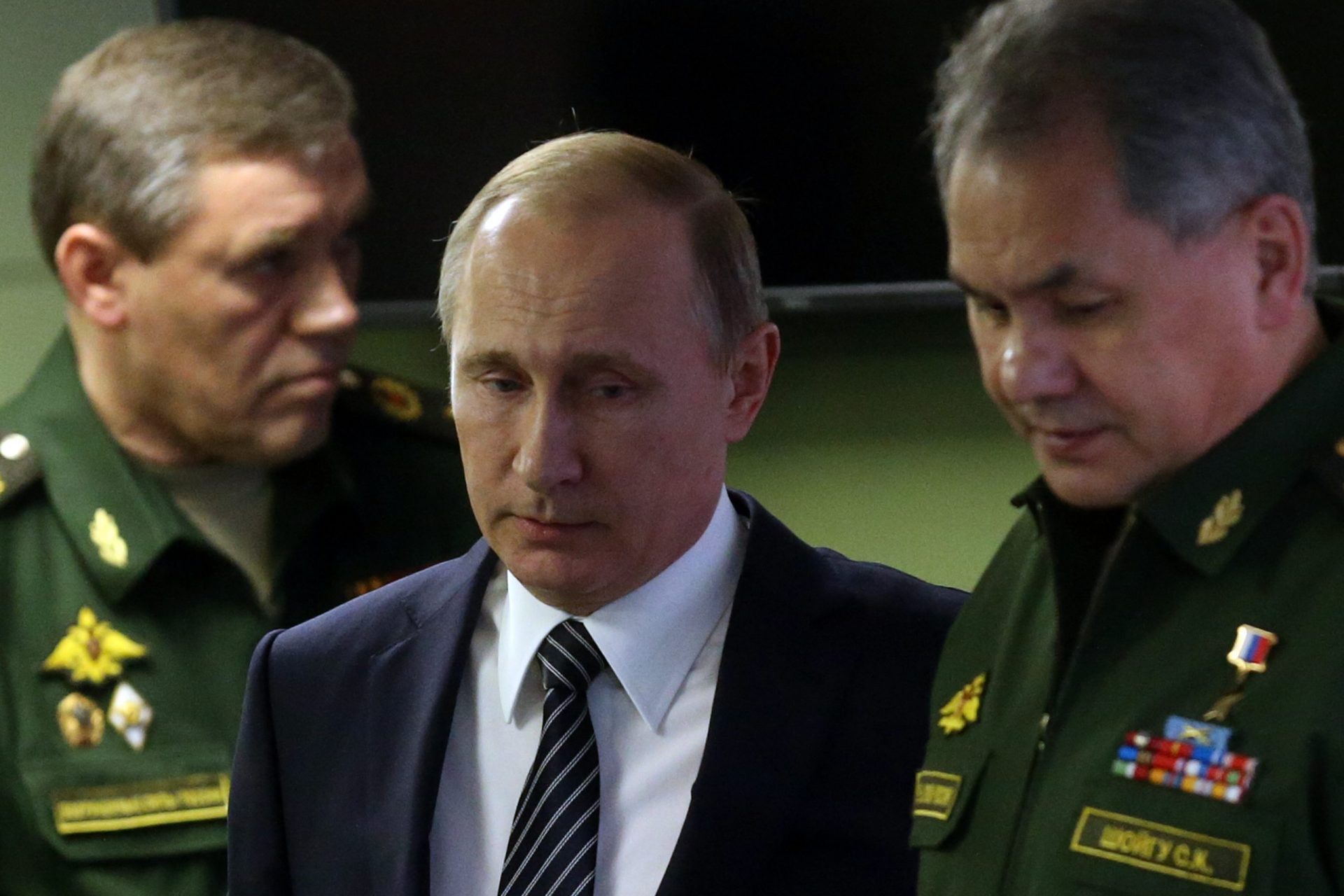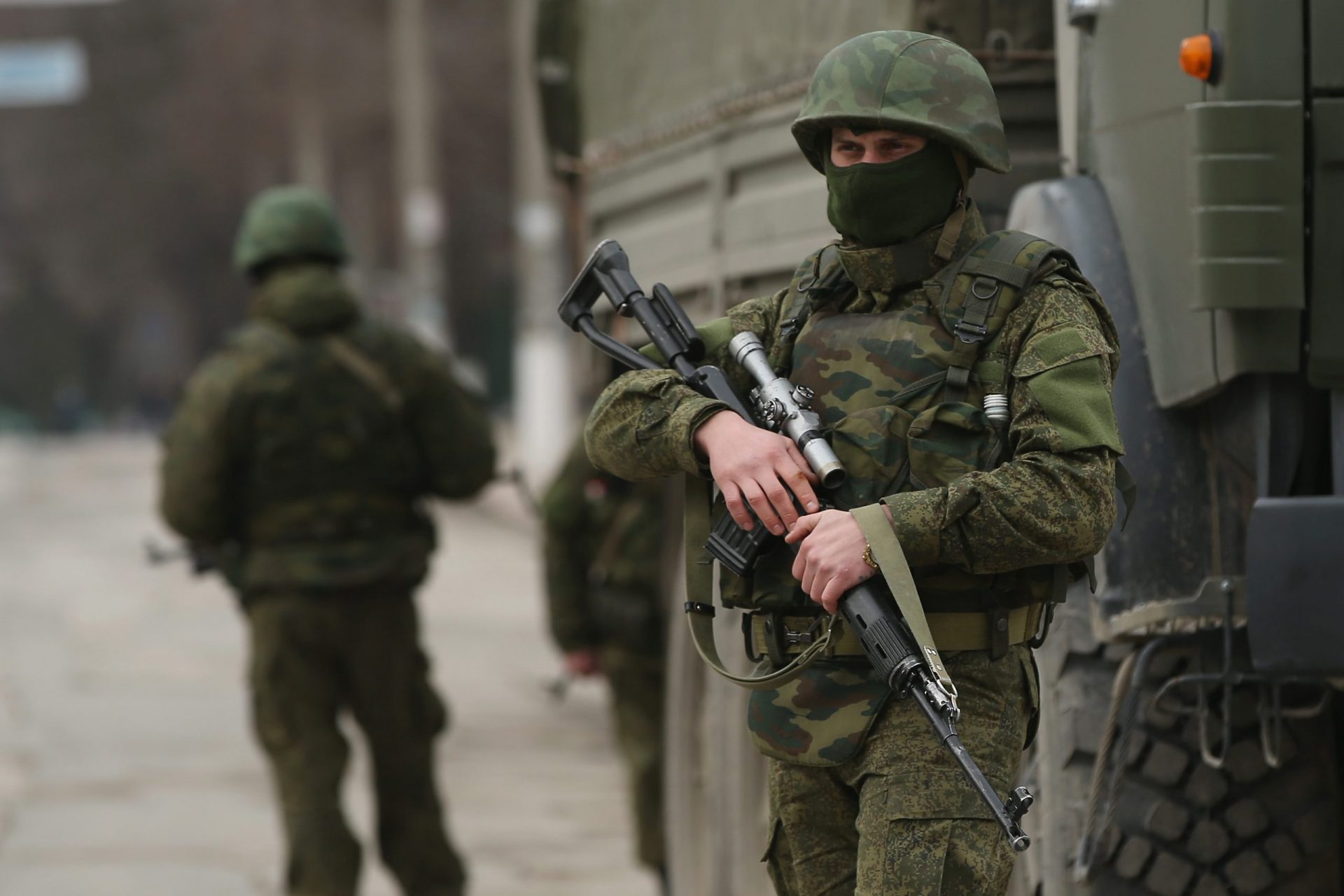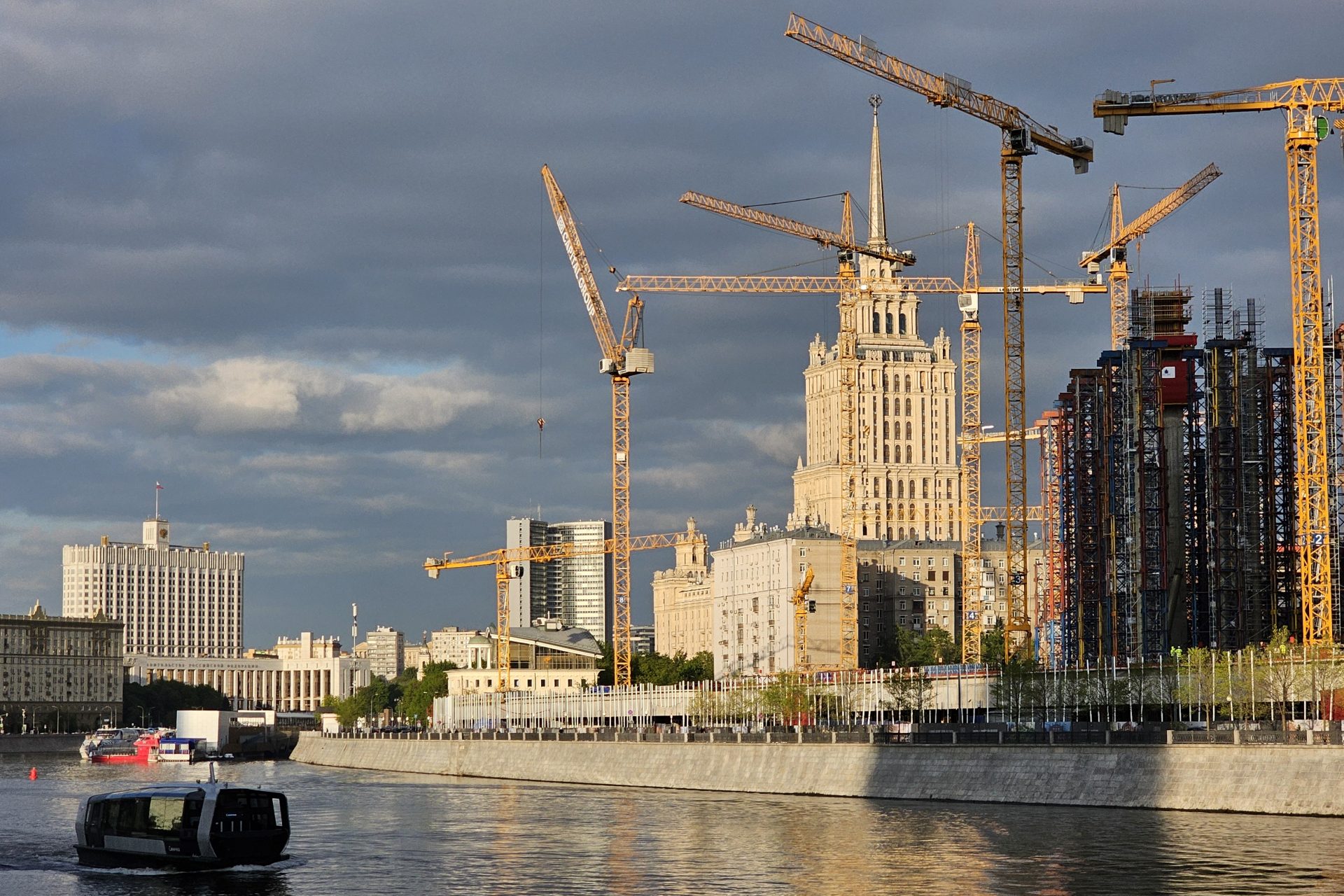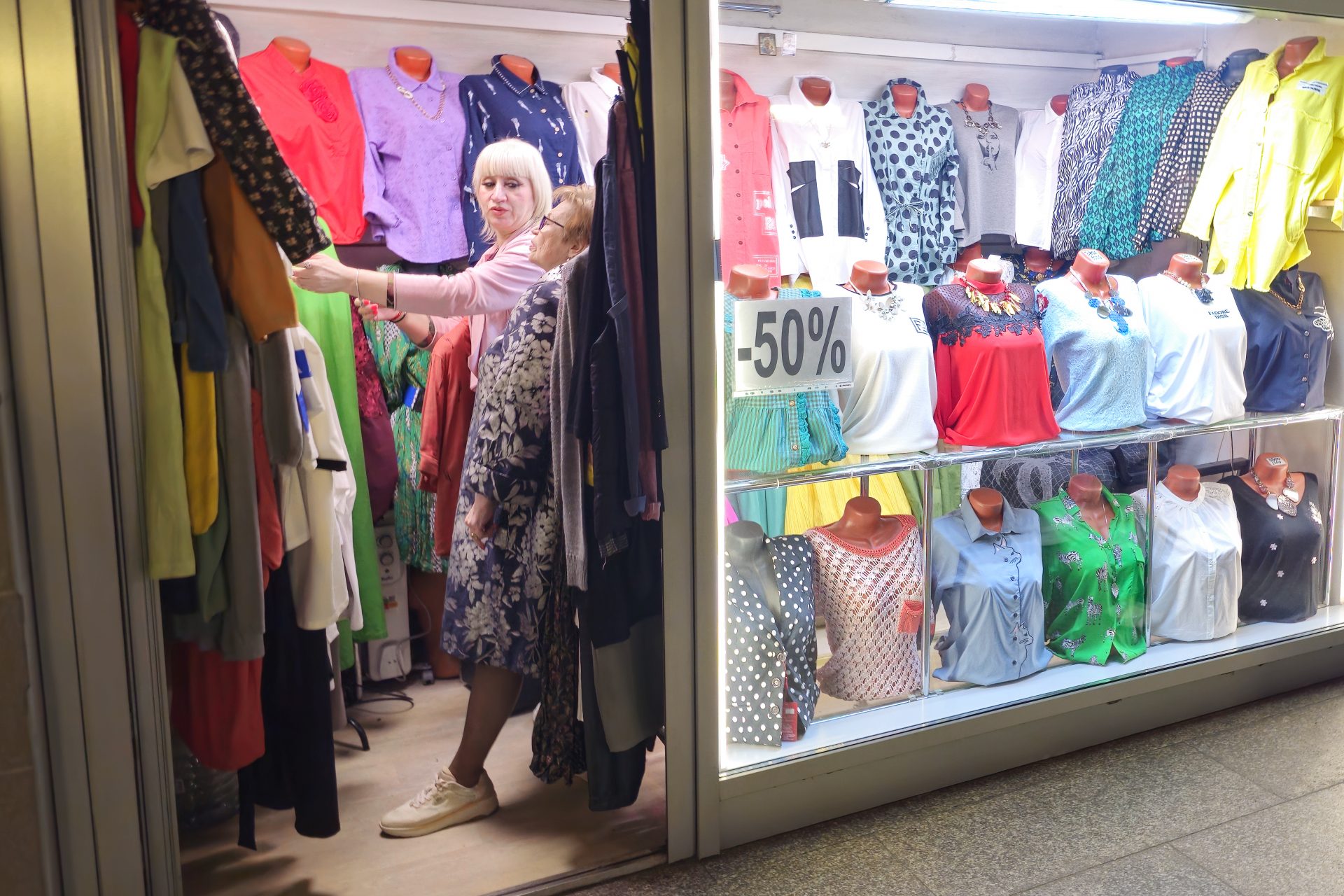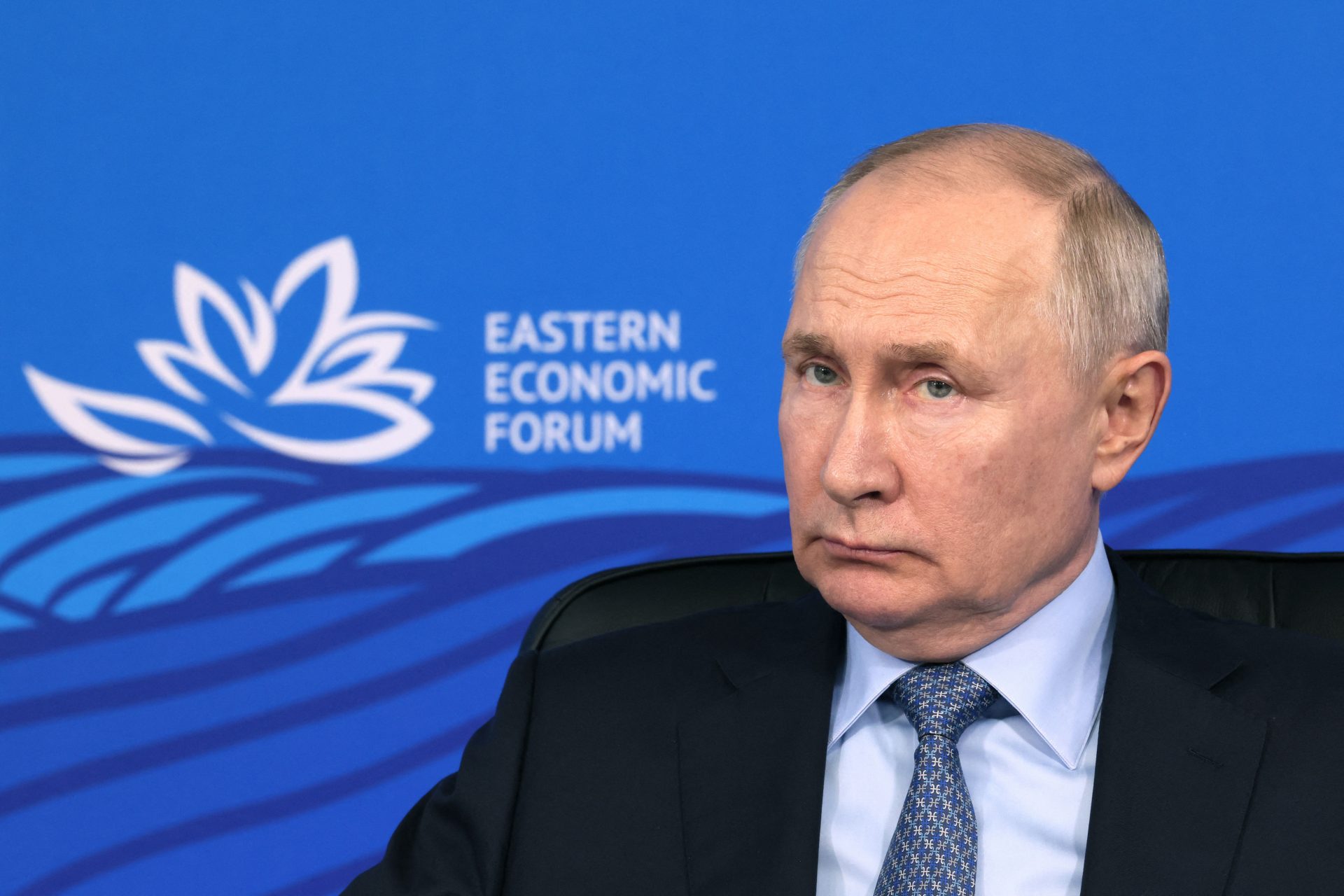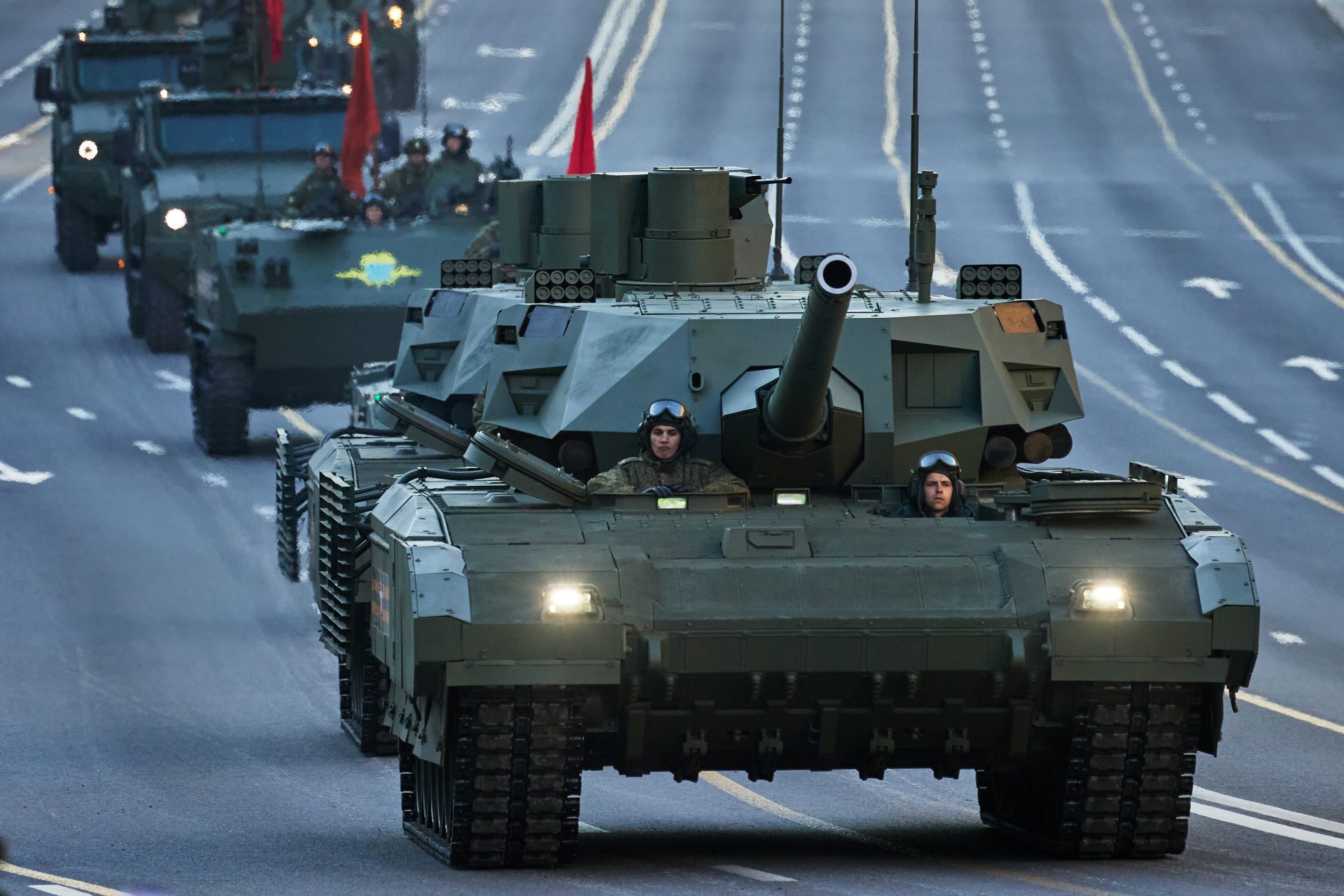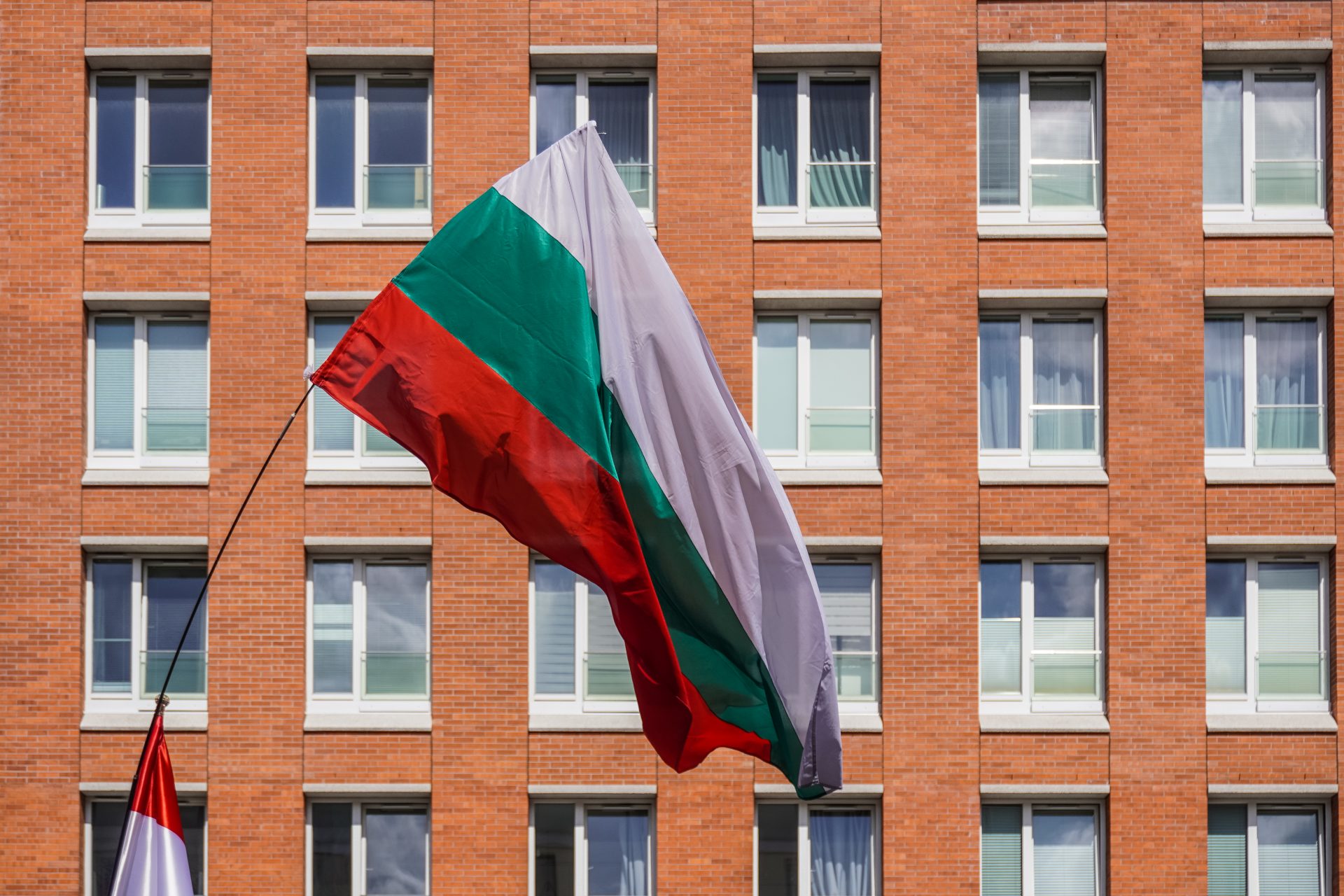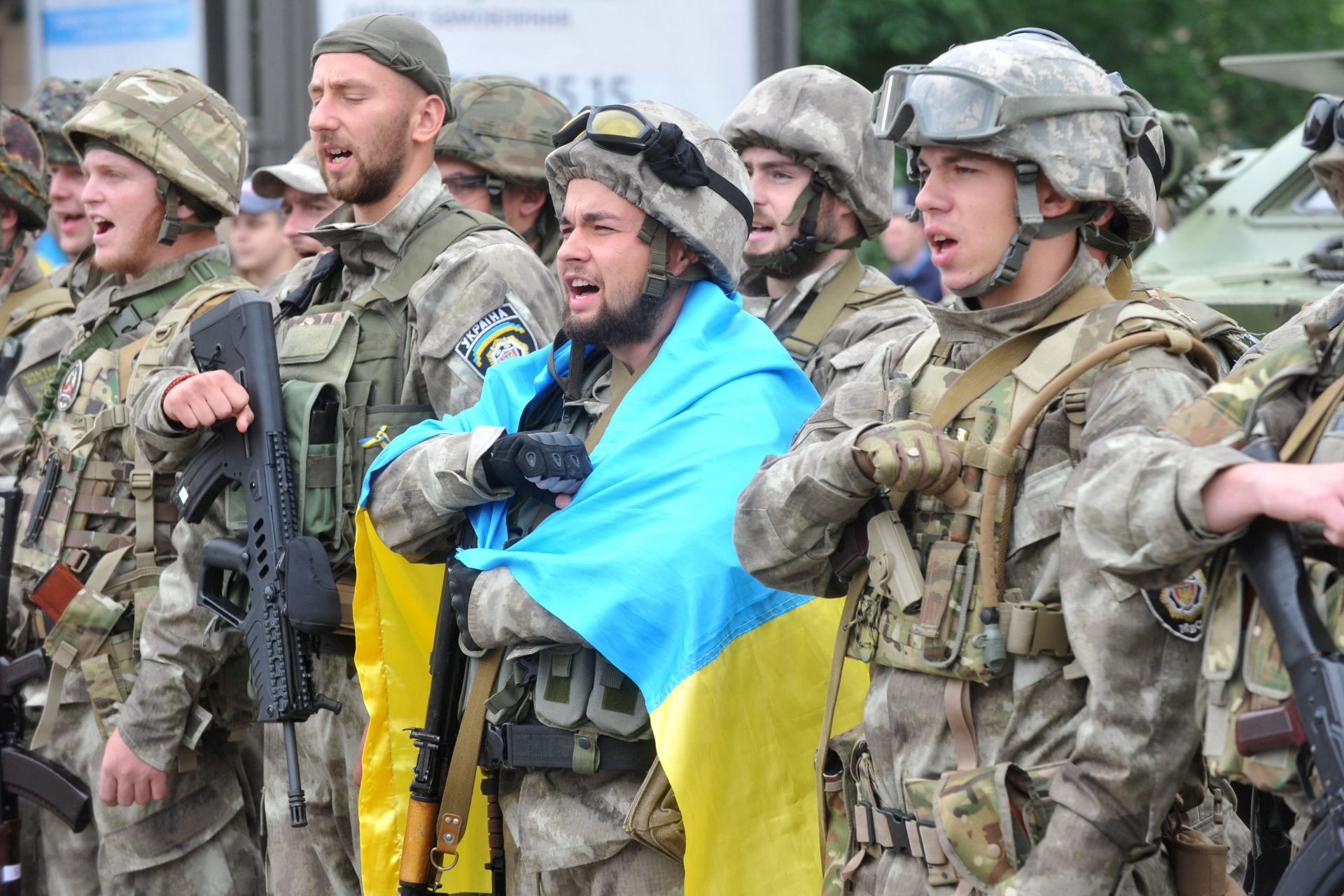Russia reaches high-income country status status thanks to Ukraine war
War is expensive but it can also be very profitable as can be proven by just how well the Russian economy is doing despite Western economic sanctions.
In fact, Russia is doing so well that recently, the World Bank upgraded Russia from an "upper-middle-income" country to a "high-income" country.
As reported by The Economic Times, each year, the World Bank prepares the income classification of countries, publishing the results on July 1.
The World Bank makes the calculation based on the GNI (the gross national income per capita) of each country from the previous year.
GNI uses American dollars and conversion factors derived using the Atlas method, which according to the World Bank website "smooths exchange rate fluctuations using a three-year moving average, price-adjusted conversion factor."
Then, factors such as economic growth, inflation, and population growth are factored in to determine each country's economic growth.
The World Bank divides countries' economies worldwide into four groups based on per-capita GNI measures. The four income categories are: low, lower-middle, upper-middle, and high.
The World Bank's 2024-25 classification for "high-income" countries increased the threshold to $14,005 per-capita gross national income or more.
According to the World Bank, Russia's per-capita gross national income totaled $14,250 in 2023, which changed its status to that of a high-income country. The financial institution stated that the war in Ukraine was the main driver behind the change.
The World Bank said in a statement, "Economic activity in Russia was influenced by a large increase in military-related activity in 2023."
The institution also added that a boost to Russian trade by +6.8%, the financial sector by +8.7%, and construction by +6.6% also helped Russia reach the highest ranks.
The World Bank highlighted: "These factors led to increases in both real (3.6%) and nominal (10.9%) GDP, and Russia's Atlas GNI per capita grew by 11.2%."
The Economic Times writes that the World Bank report is a reminder that Russia's war in Ukraine is now not only politically driven but also driven by the economy. The war in Ukraine is helping Russia grow economically.
Even though Western sanctions mean that Russians cannot enjoy as many imported treats as they did before, many have been replaced with local equivalents, as is the case with McDonald's and Coca-Cola. But on a day-to-day level, Russian lives have not been affected by the sanctions.
In fact, the huge amount the state spends on military equipment and payments to volunteer soldiers has helped to boost the economy of everyday citizens.
Russia isn't the only country to increase its ranking on the World Bank's index. Bulgaria and Palau also entered the "high-income economies" category with $14,460 and $14,250 per-capita GNI, respectively.
While it might seem hard to imagine, the war has also had economic benefits for Ukraine. According to the World Bank, Ukraine's economic growth in 2023 has moved it from a "lower-middle-income" economy to an "upper-middle-income" country.
More for you
Top Stories



